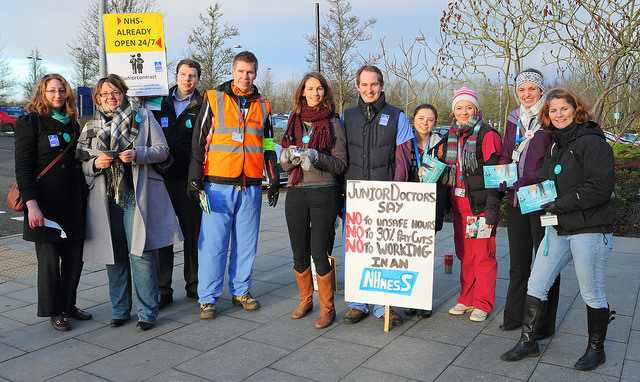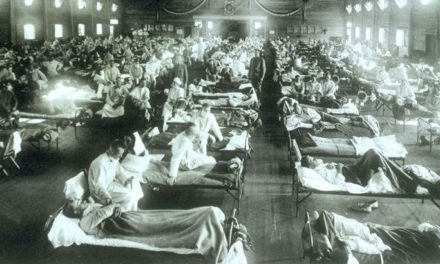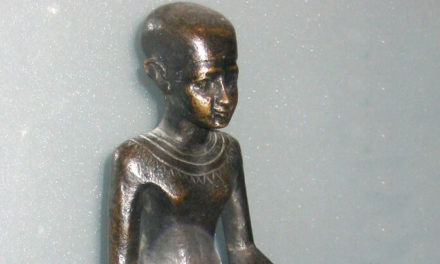The NHS has been in the news a lot lately, and not for the right reasons. Winter bed emergencies, the junior doctor’s contract dispute, student nurses bursaries, and the widespread funding crisis are constantly making front-page news. The sight of junior doctors on a picket line chanting ‘save our NHS’ is one that was utterly unimaginable just a few years ago.

Scenes from the 2016 Junior Doctor Strike
As a child of the 70s, I grew up with the security of NHS always being there for me. I suffered from severe asthma throughout my childhood and spent many days and nights in hospital receiving nebulisers and oxygen. The wards were a place of safety for me, the panic that engulfed me as my chest tightened was relieved by the presence of the nurses and doctors around me. They were my saviours. They were always there for me and they never once let me down. Many years later in 2001 I qualified as a doctor and have spent most of my adult life working as an NHS employee. My childhood experiences of the NHS strongly influenced my decision to study Medicine and become a doctor.
What was life like before the NHS?
Life in Britain without the NHS is almost unthinkable now but it wasn’t always this way. Less than 70 years ago, in a time when many of our grandparents were still alive, healthcare was something of a luxury. Harry Leslie Smith, a 91-year-old RAF veteran born into an impoverished mining family, recalls life in Britain before the NHS in an article for NewStatesman:
“At the beginning of my life, affordable health care was out of reach for much of the population. A doctor’s visit could cost the equivalent of half a week’s wages, so most people relied on good fortune rather than medical advice to see them safely through an illness. But luck and guile went only so far and many lives were snatched away before they had a chance to start. The wages of the ordinary worker were at a mere subsistence level and therefore medicine or simple rest was out of the question for many people.”
Harry’s sister, Marion, contracted tuberculosis aged only seven. He goes on to describe her illness and the final weeks of her life:
“Because my parents could neither afford to see a consultant nor send my sister to a sanatorium, Marion’s TB spread and infected her spine, leaving her an invalid.”
“I remember my sister’s pain and anguish during her final weeks of life in October 1926. I’d play beside her in our parlour, which was as squalid as an animal pen, while she lay on a wicker landau, tied down by ropes to prevent her from falling to the ground while unattended.”
Prior to the formation of the NHS Britain’s health care system was very hit and miss, being provided by a mixture of insurance companies, local councils and cash-strapped charities. Access to hospitals and health care was difficult for those from working-class backgrounds. Many people had no formal health cover and self-medicated when illness struck. Any significant illness that required the input of a physician could cause major financial difficulties for the families involved. Times were particularly difficult in the early 1940s due to the strain of World War II and the austerity of the post-war years. Enter Aneurin Bevan…
Who was Aneurin Bevan?
Aneurin Bevan was born on November 15th, 1897 in Tredegar, just a few miles from where I grew up in South Wales. His father was a miner and he was exposed to the problems of poverty and disease throughout his childhood. He had nine brothers and sisters, only six of which survived. He left school aged just thirteen, following in his father’s footsteps to go to work in the local colliery.
It was during his time as a miner that he became a socialist and he was heavily involved in the 1926 General Strike, emerging as one of the leaders of the South Wales miners. He was subsequently elected as the Labour Member of Parliament for Ebbw Vale in 1929. Despite suffering from a severe stammer throughout his childhood he went on to become an outstanding, charismatic orator. He overcame his stammer by spending many hours wandering the hills above Tredegar practising his public speaking skills alone.
During World War 2 Britain was run by a coalition government and it was in this period that William Beveridge published his Report on Social Insurance and Allied Services. This report has since become better known as the ‘Beveridge report’ and it advocated that all people in work should pay a contribution into a state fund that could be used to provide people with subsistence in the form of sickness, medical, maternity, old age, unemployment, widows, orphans, industrial injury and funeral benefits.
Labour won an unexpected landslide victory in the 1945 general election and their manifesto promised a health care revolution that was strongly influenced by the Beveridge report. The new Prime Minister Clement Attlee appointed Bevan as the Minister of Health and Housing and gave him the mammoth task of creating a new ‘National Health Service’.
Opposition to the Formation of the NHS
Bevan’s stated ambition was to build a health service based on four principles: one that is free at the point of use, available to everyone who needed it, paid for out of general taxation and used responsibly.
This all seems very reasonable now, these four principals having been long established and accepted, but at the time the proposal was highly controversial. Bevan faced bureaucracy, inadequate funding and angry opposition from the Conservative Party and the British Medical Association (BMA). There was even division within the Labour Party itself.
Bevan became very embittered, particularly by the Conservative Party’s opposition, but was undeterred and fought on for his cause. He eventually won the support of the medical profession by allowing the consultants to both work inside the NHS and treat their lucrative private patients at the same time. He famously described this as having bought the support of the consultants by “stuffing their mouths with gold.”
He made no secret of his feelings about the opposition that he had received in his speech at the Bellvue Hotel, on the eve of the formation of the NHS on July 3rd, 1948:
“That is why no amount of cajolery, and no attempts at ethical or social seduction, can eradicate from my heart a deep burning hatred for the Tory Party that inflicted those bitter experiences on me. So far as I am concerned they are lower than vermin. They condemned millions of first-class people to semi-starvation. Now the Tories are pouring out money in propaganda of all sorts and are hoping by this organised sustained mass suggestion to eradicate from our minds all memory of what we went through. But, I warn you young men and women, do not listen to what they are saying now. Do not listen to the seductions of Lord Woolton He is a very good salesman. If you are selling shoddy stuff you have to be a good salesman. But I warn you they have not changed, or if they have they are slightly worse than they were.”

Aneurin Bevan was renowned for his public speaking prowess
The Birth of the NHS
On July 5th, 1948 the NHS was finally launched and the Labour government took responsibility for all medical services. For the first time ever nurses, doctors, pharmacists, dentists and opticians were brought together as part of a single organisation with free diagnosis and treatment for all.
The first patient to be treated by the NHS was 13-year-old Sylvia Diggory, who had a serious liver condition. She got to shake the hand of Aneurin Bevan that day and recalling the event she said:
“Mr Bevan asked me if I understood the significance of the occasion and told me that it was a milestone in history – the most civilised step any country had ever taken, and a day I would remember for the rest of my life – and of course, he was right.”
An Institution Worth Fighting For
In the years that have followed the NHS has struggled through many early difficulties to become the envy of the world. The service it currently provides is nothing short of extraordinary. In the 14 years that I worked for the NHS, I witnessed the work of many remarkable individuals, whose expertise and dedication are staggering.
The formation of the NHS is one of our greatest national achievements and perhaps one of the greatest achievements in history. Returning to a private healthcare system may seem like a solution to some but we only have to look across the Atlantic to see that this is not a magical solution that will make the current problems of the NHS go away. In the US 20% of adults have no usual source of healthcare and medical bills are the biggest cause of bankruptcies. This is surely not the future we want in Britain. Just as Aneurin Bevan fought to set up the NHS, we should follow his lead and fight on for its continued survival.







Thank you, God bless you all you dedicated professionals. I was a young girl when the NHS came into being. Aneurin Bevan made healthcare available to all. It later became known internationally as the health service that was second to none. Keep going, our NHS is precious.
If you had to define the meaning of ‘Civilisation’ it would be the formation of our NHS. Achieved by one man, Aneurin Bevan, against the will and might of of the BMA.
Mike Hyde